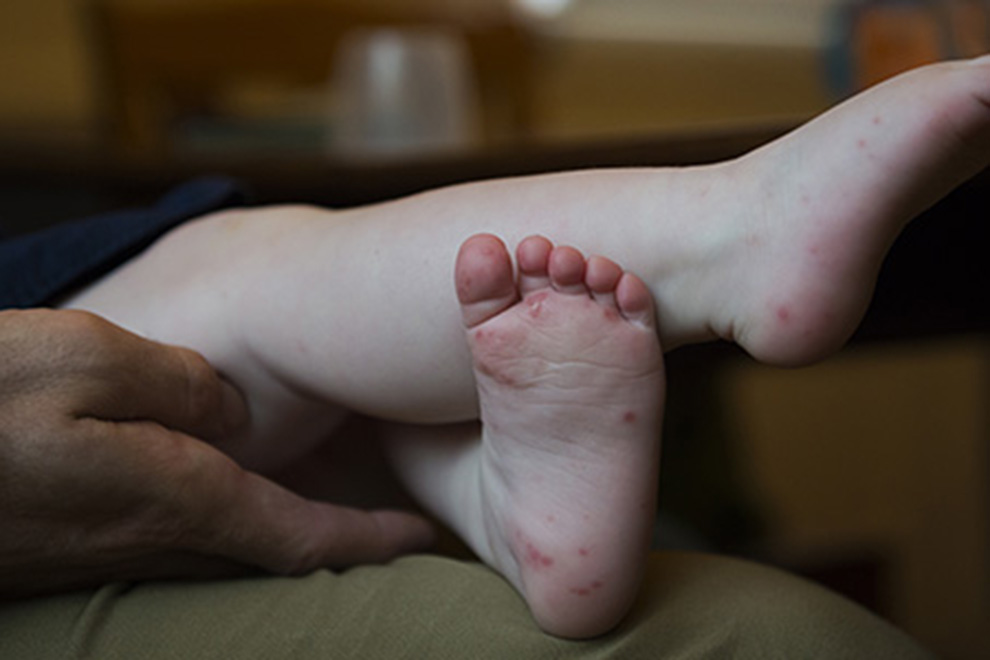|
Teenage Acne By Victoria Lynn Gross, M.D. Richmond Dermatology & Laser Specialists 9816 Mayland Drive Richmond, VA 23233 (804) 282-8510 (Office)The lazy days of summer are quickly drawing to a close. Along with crisp excitement of a fresh start each fall, comes a new wave of changes and stressors that mean that teenage acne will soon peak again. Of course there is no need for alarm. With some simple strategies, we can control it and have our teens smiling again. Parents often ask if the foods that we eat cause acne. Although I am a big proponent of a healthy diet that includes many fresh fruits, vegetables and whole grains and the avoidance of highly processed foods whenever possible, I have to admit that there is no convincing data that proves that things like chocolate and potato chips cause acne. The causes are mostly hereditary and hormonal. Things such as stress and lack of sleep are factors that will cause acne to become more severe in people who already have mild acne. When treating acne, it is important to treat the entire affected area rather than just the spots. This way, we can actually stop new breakouts before they arise rather than trying to eliminate a blemish instantly when it pops up. There are many great over-the-counter cleansers and leave-on products containing active ingredients such as 1-2% salicylic acid, glycolic acid or benzoyl peroxide. These can work very nicely for mild acne. Benzoyl peroxide works quickly and efficiently to eliminate acne but beware as it does tend to bleach sheets, towels and clothing. I usually recommend using these products at night and sleeping on old or white sheets and wearing an old t-shirt. As long as this is kept in mind, nothing will get ruined. Although we all want the acne to be gone yesterday, it does take time for these products to work. Most studies done on acne medications take place over a three month period. If three months have passed and the acne is still not under good control, or if the acne is more severe or scarring, a trip to the dermatologist for prescription medications would be helpful. Prescription medications such as oral antibiotics can help to work from the inside out as well as the outside in to jumpstart an acne regimen. Stronger topical medications such as retinoids can be used not only to fight acne but to stimulate collagen production thus reducing mild scaring. Topical antibiotics and prescription benzoyl peroxide products are also very helpful. For severe scarring acne or very stubborn acne, there is always isotretinoin which is what I like to call “the big gun”. Although there are many important side-effects of this medication that must be discussed with your dermatologist, it is truly a miracle medication that can prevent permanent scars in patients with severe cystic acne. Acne is an extremely personal problem. It is as much an emotional issue as it is physical. Some teens are not bothered by it at all and as long as it is not scarring, those people do not even need treatment. Other teens have such a strong emotional response that even very subtle acne may be best treated by a dermatologist. Acne is a common problem that teenagers face but they need not just live with it.In this day and age, there are many options to fit everyone’s needs!
|
Teenage Acne
Previous ArticleMore Secrets Teacher Won’t Tell
Next Article Helping Kids Deal with Divorce
Advertisement
Advertisement
Advertisement




